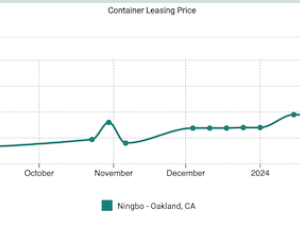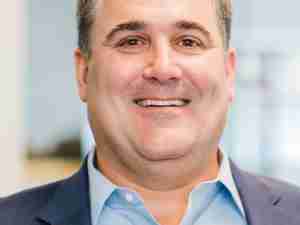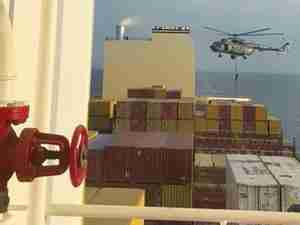At present ' with the exception of 'Emission Control Areas' (ECAs) ' a maximum sulphur content of 4.5 per cent is allowed worldwide. This also applies to ports in Asia. This limit is to be lowered to 0.5 per cent globally in 2020. On average, Hamburg S'd already operates with fuels containing less than 2.5 per cent sulphur.
With their voluntary undertaking, Hamburg S'd and Alian'a wish to encourage authorities in Hong Kong and Guangdong province to collaborate in efforts to establish limits on ship emissions in the region consistent with international standards. At the same time, they want to draw attention to the possibilities that generally exist in the shipping industry for reducing pollutants. For experts estimate, up to 95 per cent of sulphur dioxide emissions from ships, and up to 85 per cent of fine particles emitted through their operations, can be saved by the use of low-sulphur fuel.
In August and April 2010 Hamburg S'd conducted comparable tests in their services between US-Gulf Coast and the Caribbean/South America East Coast, as well as in the Gulf of Mexico.
'As a company which makes protection of the environment and natural resources an integral part of each entrepreneurial decision, we are aware that our vessels have an effect on the air quality in Hong Kong and throughout the world', says Michael Britton, Regional Director Asia for Hamburg S'd. 'Container shipping is recognised as the most environmentally friendly mode of transport worldwide, but we will not sit idle in this knowledge. We will seek new ways of making significant cuts in the emissions of pollutant in the Pearl River delta, now rather than just from 2020. We have decided to send out a signal at a transport hub like Hong Kong, because seven of our roughly 35 worldwide liner services alone call at the port here.'







